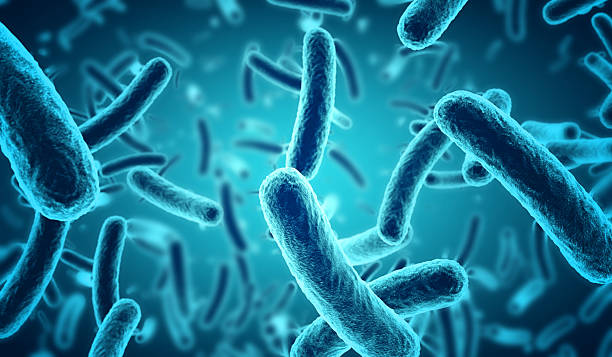The Alkaline Diet: Examining its Origins, Efficacy, and Criticisms
Nutrition has always been a critical part of our lives, impacting our health, performance, and overall wellbeing. Over the years, numerous diets and eating plans have emerged, each claiming to offer unique benefits. One such diet is the Alkaline Diet, which has gained significant attention from both proponents and critics. This article will delve into the origins of the Alkaline Diet, its supposed benefits, research findings, and criticisms. The objective is to provide a balanced perspective on this controversial dietary approach, allowing readers to make informed decisions about their nutrition.

Tracing the Origins of the Alkaline Diet
The Alkaline Diet, also known as the Alkaline Ash Diet or Acid Alkaline Diet, traces its roots back to the early 20th century. It was inspired by the discovery of pH—a measure of acidity or alkalinity—in the human body. The diet was built on the premise that the foods we consume can affect the acidity or alkalinity of our body fluids, including blood and urine. Proponents of the diet believe that maintaining a more alkaline environment in the body can lead to improved health and the prevention of disease.
The Fundamentals of the Alkaline Diet
The primary focus of the Alkaline Diet is to encourage the consumption of more alkaline-forming foods and reduce the intake of acid-forming foods. Alkaline-forming foods include most fruits, vegetables, nuts, seeds, and legumes. On the other hand, acid-forming foods are typically those high in animal protein, like meat, dairy, and eggs, as well as processed foods, sugars, and grains.
The diet’s popularity has been bolstered by celebrity endorsements and anecdotal reports of weight loss and improved health. However, the scientific evidence supporting these claims is considerably less clear-cut.
Research Findings on the Alkaline Diet
Various studies have examined the potential health benefits of the Alkaline Diet. Some research suggests that this diet may help preserve muscle mass in older adults, reduce back pain, and decrease the risk of hypertension and stroke. Moreover, a large-scale study published in the American Journal of Clinical Nutrition found a modest association between a more alkaline diet and decreased risk for type 2 diabetes.
However, critics argue that these benefits are not directly attributable to the diet’s impact on body pH. Instead, they suggest that the benefits may be due to the diet’s emphasis on consuming nutrient-dense, whole foods and limiting processed and high-fat foods.
Criticisms of the Alkaline Diet
Despite its popularity, the Alkaline Diet has attracted a fair share of criticism. Many health professionals argue that the diet lacks robust scientific backing. They assert that our bodies have sophisticated mechanisms to regulate our pH levels, regardless of what we eat. Furthermore, the classification of foods as ‘acidic’ or ‘alkaline’ is often oversimplified, overlooking the complexity of our body’s metabolic processes.
Moreover, the diet’s restrictive nature can lead to nutrient deficiencies. For instance, by discouraging the consumption of animal proteins, the diet may lead to inadequate intake of essential nutrients like vitamin B12, iron, and zinc.
Weighing the Benefits and Drawbacks
The Alkaline Diet presents a unique perspective on nutrition, emphasizing a plant-based, whole foods approach. While its core principles of promoting fruits, vegetables, and minimally processed foods align with general healthy eating guidelines, the diet’s focus on pH levels is contentious.
Research findings on the diet are mixed, and while some potential health benefits have been identified, these are likely due to the diet’s emphasis on nutritious foods rather than alterations to body pH. On the downside, the diet’s restrictive nature could lead to nutrient deficiencies if not followed with caution.
In conclusion, while the Alkaline Diet may encourage healthier eating habits, its primary premise—altering body pH through diet—lacks robust scientific support. As with any dietary approach, individuals should consult with a healthcare professional before starting the Alkaline Diet to ensure that their nutritional needs are being met.




